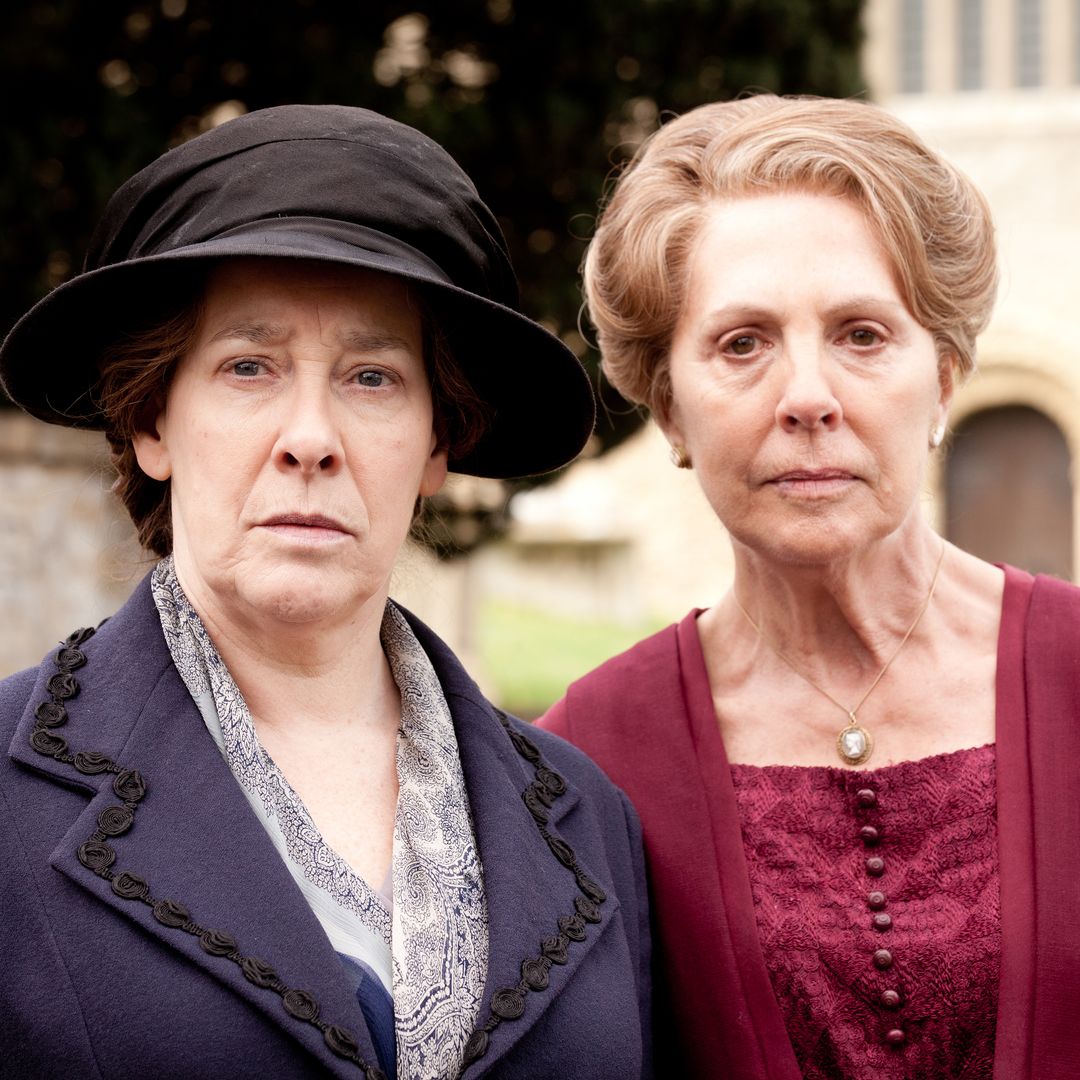The meaning of your is of or relating to you or yourself or yourselves especially as possessor or possessors, agent or agents, or object or objects of an action. · your (pronoun): Your is a word we often use in everyday conversation and … Your is the possessive form of the … In this video, you’ll learn more about when to use your and youre correctly in american english. In this article, … Your is the second person possessive determiner. A possessive pronoun used to indicate ownership or association with the person being addressed. For our text-based lesson. · in this article, we’ll look at the differences between your and you’re, including when to use them, and provide illustrative examples. The possessive form of you: Your can refer to one or more people. Your pronoun (belonging to you) add to word list belonging to or connected with the person or people being spoken to; · among the most common mistakes when writing—especially when writing something quickly like an email or text—is using you’re and your incorrectly.
Your Last Look At Downton Abbey: Nbc'S September Farewell
The meaning of your is of or relating to you or yourself or yourselves especially as possessor or possessors, agent or agents, or object or...



















